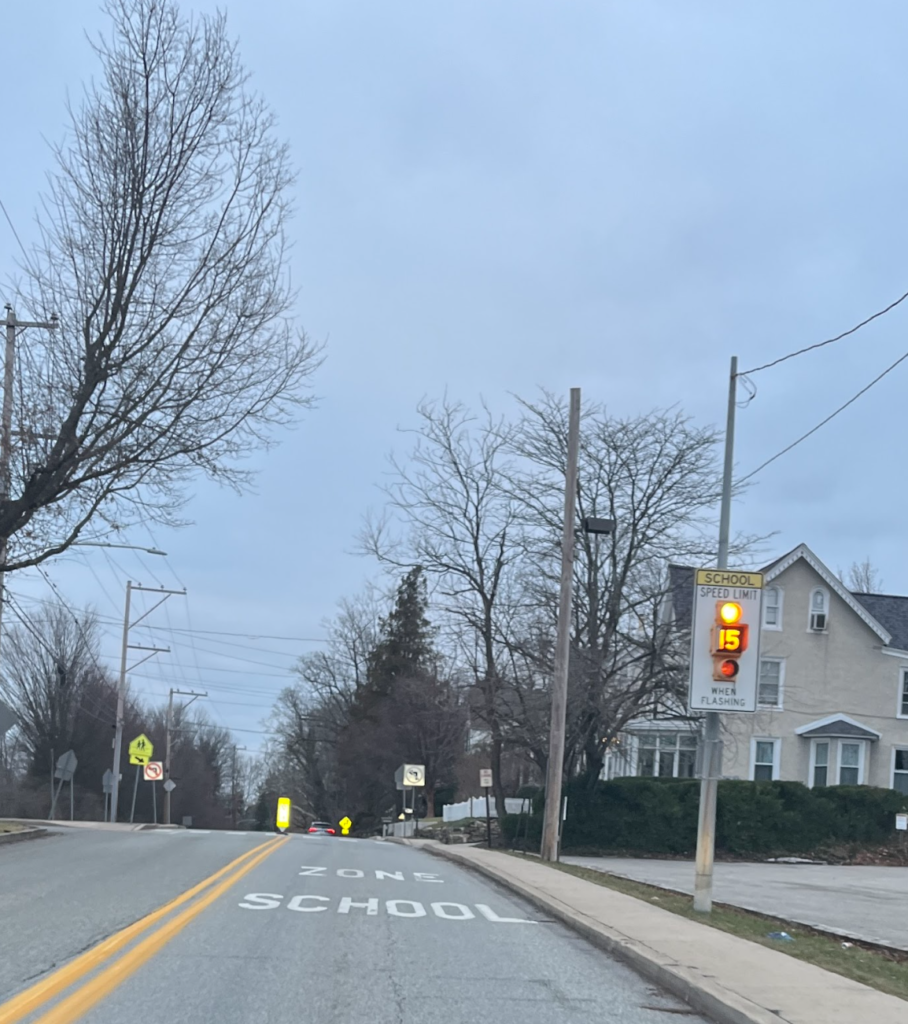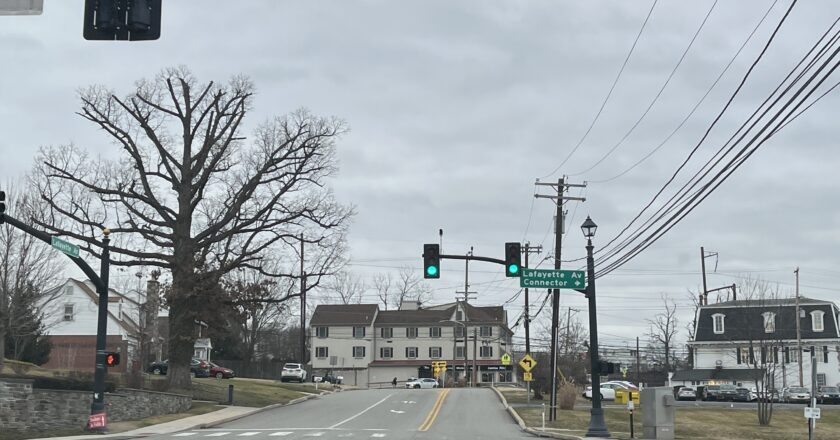In recent AI developments spearheaded by Google, traffic light technology is rapidly advancing. Through their new “Project Green Light,” Google hopes to reduce carbon emissions caused by traffic light stoppages by 10%.
“AI capabilities can replicate dozens of analysts who normally would perform tasks like this and constantly make adjustments as needed,” Christopher Alexander, Chief Analytics Officer at Pioneer Development Group, said in an interview with Fox News. “The plan has paid off so far, city officials say, helping clear annoying traffic congestion in parts of the city.”

The thought behind the system is that by requiring fewer stoppages throughout the day, drivers will not have to stop and start their cars as frequently as they currently do. This act of stopping and then rapidly accelerating is responsible for a large amount of carbon emissions.
But this system’s impact on the environment is not the only factor that is being taken into consideration. Traffic light stoppage itself is shown to have negative effects on mental health.
Mindskipper, a website focused on finding solutions to everyday issues/annoyances that cause mental health problems, reported on the issue in an article in 2023.
“Everyday irritations consisting of traffic noise can, over the years, negatively affect mental fitness, leading to despair, tension, and cognitive decline,” Mindskipper wrote. “Stressful conditions irritated by site visitors’ noise can raise risk factors for coronary heart sickness, excessive blood strain, and melancholy.”
It won’t just be Seattle that will benefit from fewer traffic stoppages. Once this plan expands to more cities nationwide, the GA community and wider Philadelphia will surely see its positive effects.
For GA students with longer commute times, longer red lights mean more unwanted stress on a hectic morning.
“There is a traffic light right outside my house which takes a couple minutes to change each cycle, and it often determines whether or not I am in a rush or not for the rest of the drive,” said student-commuter Nishank Rai, ‘25. “Red lights heavily affect my mental health, and waiting at excessively long lights makes me very angry and aggressive.”
While the benefits of Project Green Light are enticing for many, some argue its effectiveness will be questionable.
“U.S. infrastructure will become integrated with AI, but that doesn’t necessarily mean it will make things easier or better,” Samuel Mangold-Lennet, a staff editor at the Federalist, said. “We all know that people tend to be irrational when behind the wheel; there’s a good chance this is just a quixotic attempt at social engineering and micromanagement.”
While the long-term effects of having AI integrated into society have yet to be determined, this small addition has already started to have undeniable impacts.
Hopefully, through this reinvention of how traffic is analyzed, commuters will have an easier and less stressful time getting to and leaving their house, and carbon emissions will be reduced.

